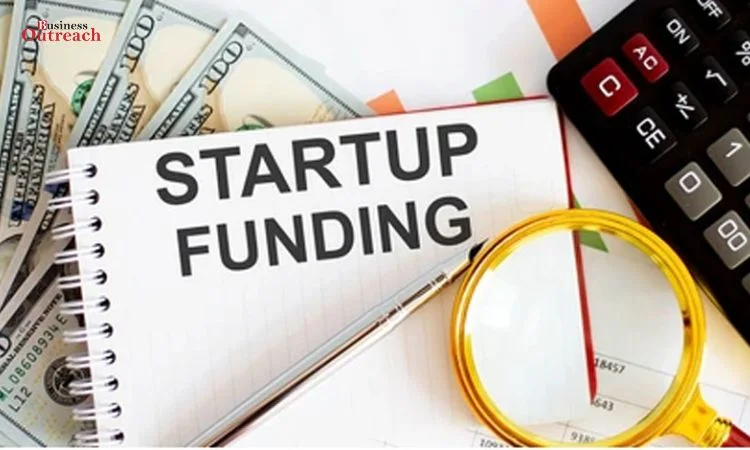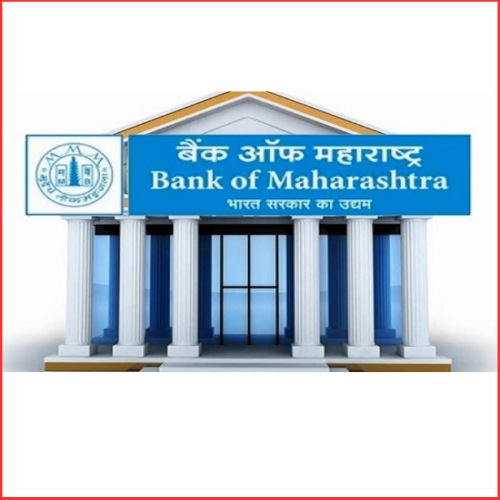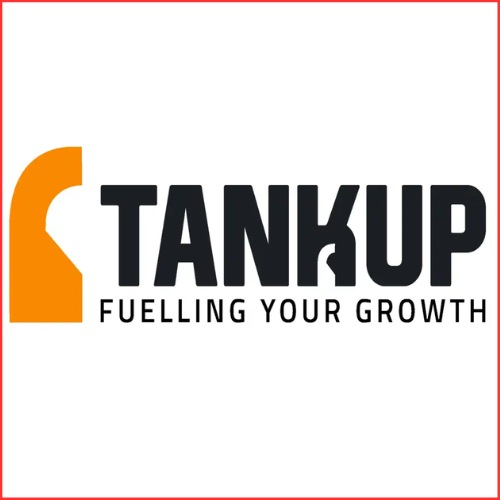After touching a bottom-reaching trough, the Indian startup ecosystem rebounded to close to $7 billion in the first half of 2024—up from $5.92 billion raised in H1 2023, though still below the peak of $20 billion in H1 2022. Characterizing this bounce-back phase is the large funding rounds, expanding deal numbers, secondary deals, and ESOP buybacks with a massive decline in layoffs.

PC: Communications Today
According to TheKredible, the $7 billion funding included 182 growth or late-stage deals worth $5.4 billion and 404 early-stage deals worth $1.54 billion. Besides them were 99 undisclosed deals. Noteworthy is that two new unicorns, Perfios and Krutrim SI Designs, got added to the list, thereby indicating the confidence of the investors in high-potential startups.
Late-stage companies like Zepto, Flipkart, PharmEasy, and Lenskart led funding charts with significant rounds. For instance, Zepto raised $665 million; some components of that were secondary transactions. In the early stages, invite-only networking platform SCOPE topped the list with $90 million, followed by AI and blockchain startups.
It also reported 55 mergers and acquisitions, down from previous years. Some of the notable ones were the acquisition of ZestMoney by DMI Group and that of MX Player by Amazon. Regionally, it would be the Bengaluru-based startups that predominantly dominated, with over $2.83 billion, thereby cornering 40% of the total funding as Delhi-NCR and Mumbai followed with sizeable contributions.
Top sectors that raised funding were e-commerce, Fintech, Healthtech, SaaS, and EV. EV startups did very well in terms of funding amounts. EV startups specifically did very well in terms of money raised. On the other hand, agritech, foodtech, edtech and proptech have seen a drop in investments. Generative AI and spiritual tech deals increased significantly as AI startups raised $ 237 million across 27 deals.
While funding trends remained positive, layoffs continued, though at a lesser degree. About 3,300 employees lost their jobs in H1 2024, much lower than in the same period a year ago. Some of the big ticket layoffs were at Byju’s and Swiggy. Another six startups shut shop in the first half, down from 15 last year.
Not to be left behind, debt funding played its part as well—57 debt-only deals to the tune of $784 million. IPO landscape for startups looked bright with many companies listed or pending approval with SEBI; Zepto, Flipkart, and PharmEasy are among those with plans to do IPOs soon.
The funding peak of H1 2022 remains unchallenged on its own; trends at this point in time pose a very strong recovery for Indian startups. The stability in the government and booming stock markets are bound to spur investments further, creating an atmosphere that enables innovation and growth in the startup space. Continuing VCs, family offices, and other investors’ participation is going to become a really important factor in this roadmap.














